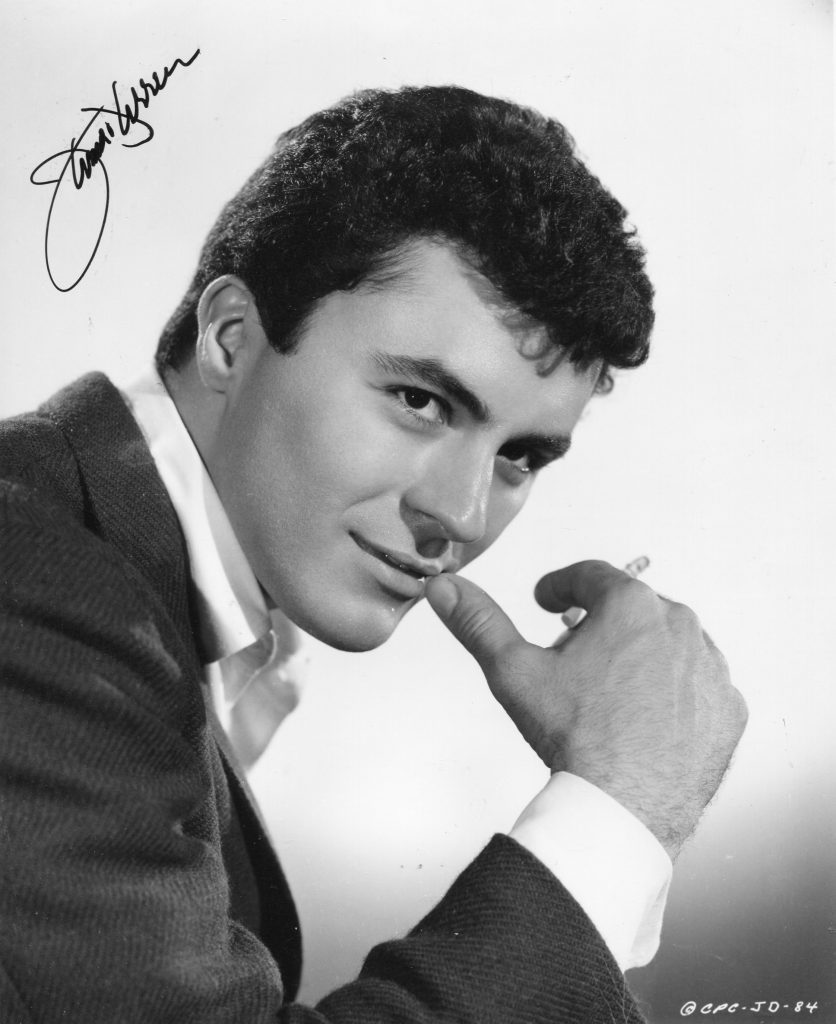
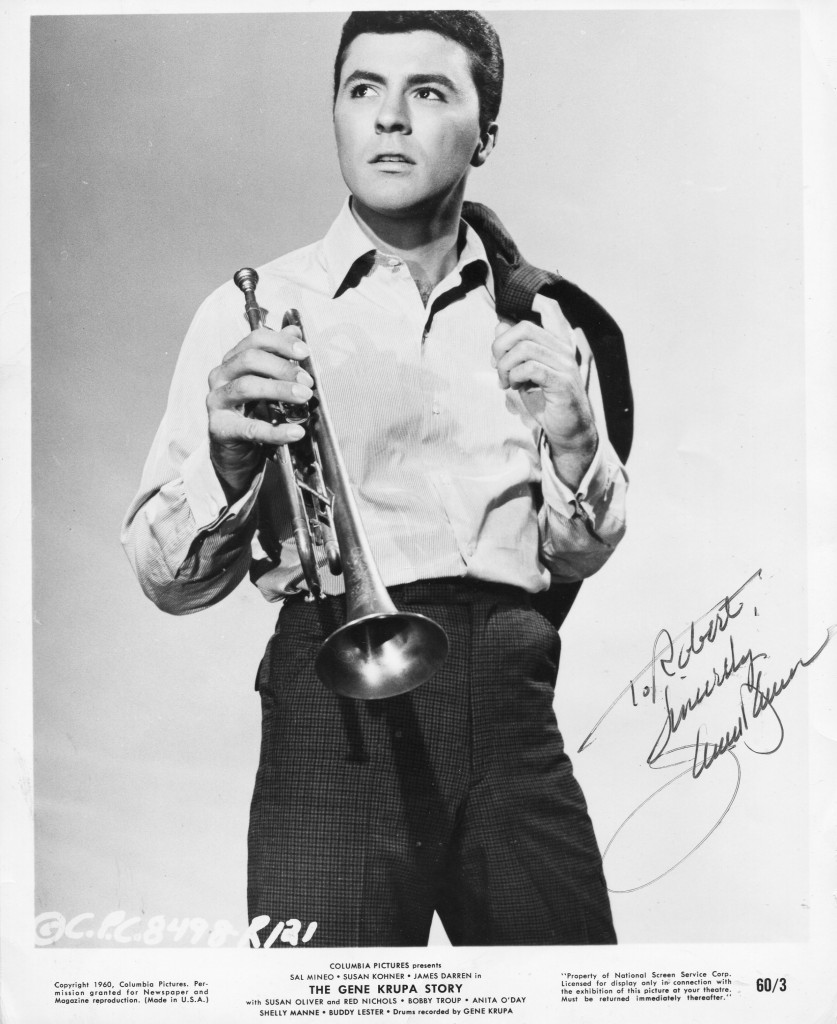
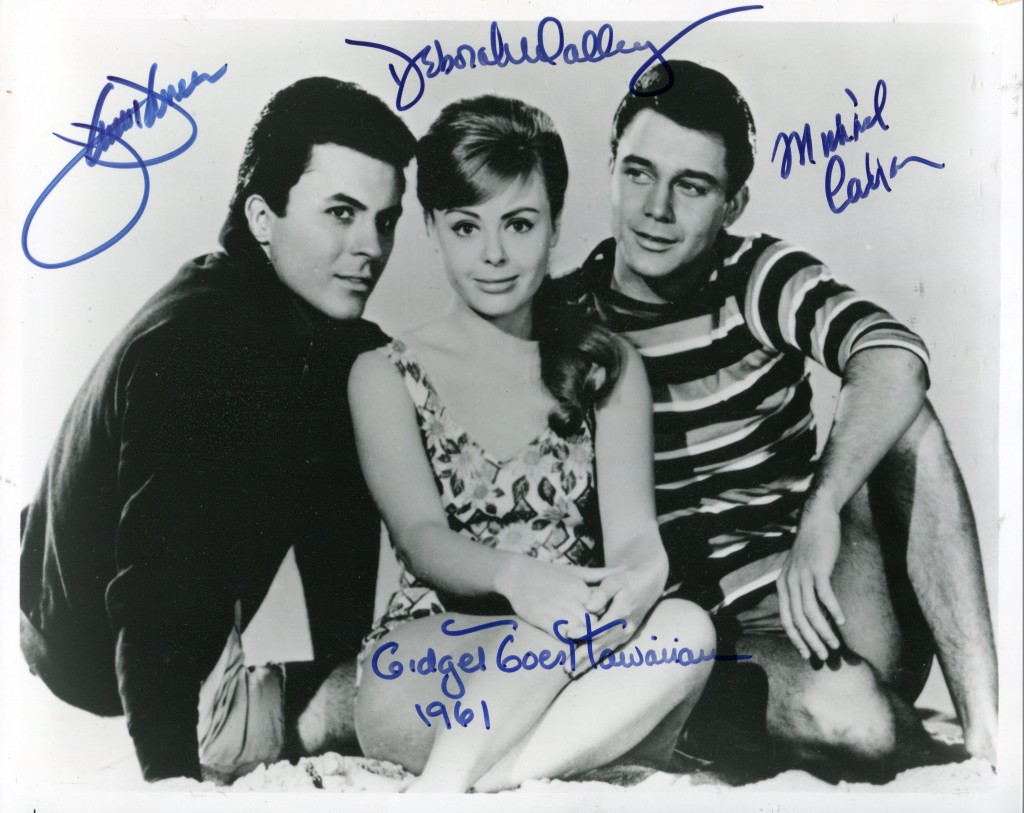
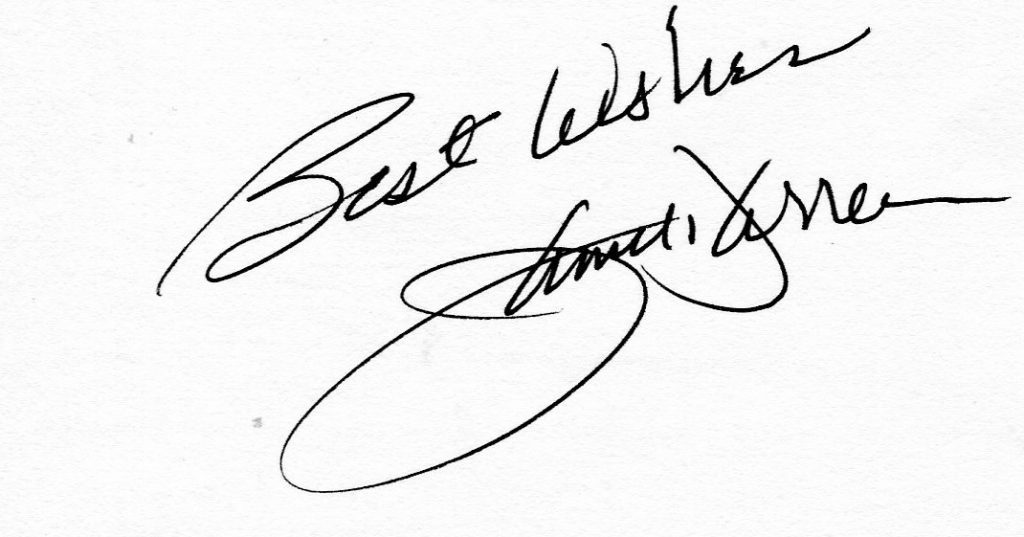
James Darren was born in 1936 in Philadelphia. He had a career as a pop singer in the late 1950’s and made his movie debut in “Rumble on the Docks” in 1956. His other movies include “The Brothers Ricco”, “Gidget”, “Let No Man Write My Epitaph,””The Lively Set”, “Diamond Head and “The Guns of Navarone”
TCM overview:
Born Jimmy Ercolini and raised on 10th Street between Ritner and Porter in the same South Philadelphia neighborhood that produced Fabian, Bobby Rydell and Frankie Avalon, James Darren grew into a tall, dark and handsome Italian heartthrob who would also enjoy a run as a teenage singing sensation. While studying acting with Stella Adler in NYC, a chance meeting with Columbia Pictures eastern talent scout Joyce Selznick opened the door to a screen career, and he joined the studio’s stable of fine young actors, delivering a standout performance in his feature debut as the juvenile gang leader and star of “Rumble on the Docks” (1956). Darren continued to impress in subsequent outings but really came into his own as Jeff ‘Moondoggie’ Matthews opposite Sandra Dee’s “Gidget” (1959). Especially effective as the young man torn between the carefree surfing life and the responsibilities of growing up, he also displayed a pleasant singing voice on the film’s title song and the even better “The Next Best Thing to Love”, launching a recording career that boasted five Top 10 singles during the early 60s, including the Grammy-nominated “Goodbye Cruel World” (1961), which peaked at Number Three.
Darren reprised his “Gidget” persona twice, contributing his ingratiating talent to “Gidget Goes Hawaiian” (1961) and “Gidget Goes to Rome” (1963), both a little lackluster compared to the original. Still, in some filmgoers’ minds, he was forever established as Moondoggie, despite his acclaimed work as best friend Eddie Sirota in “The Gene Krupa Story” (1959), as the slum kid who perseveres to become a concert pianist in “Let No Man Write My Epitaph” (1960), and as an underutilized member of the all-star gang of saboteurs in J Lee Thompson’s “The Guns of Navarone” (1961). Still, compared with his Philadelphian brethren Fabian, Rydell and Avalon, who all took their cracks in teen movies, Darren exhibited more staying power, segueing to a successful career as a TV actor after his pop-star status waned. His first role as a series regular came as time-traveling scientist Tony Newman in the ABC series “Time Tunnel” (1966-67), and he later spent three seasons as veteran patrolman Jim Corrigan, partnered with Heather Locklear’s Stacy Sheridan, on “T.J. Hooker” (ABC, 1983-85; CBS, 1985-86). When Darren made his directing debut with an episode near the end of that show’s final season, people liked what they saw, and he started to receive offers to direct for other series.
Darren began working exclusively behind the scenes, helming episodes of “Hunter” and “Stingray” (both NBC) and “Werewolf” (Fox), among others. “I figured this [directing] was a good way to stay in the business, and I didn’t have to worry about how I looked. I didn’t have to shave every morning. I would get up, shower, comb my hair back, put on a baseball cap and go to work.” (CHICAGO SUN-TIMES, September 27, 1999) He reteamed with Locklear, directing episodes of Fox’s “Melrose Place” from 1995-97, and eventually acted opposite her as the sleazy Tony Marlin during that show’s final season (1998-99), but only after creating the part of Vic Fontaine in the syndicated “Star Trek: Deep Space Nine”. Calling his holographic Las Vegas lounge singer a “combination of Frank Sinatra, Dean Martin and myself,” Darren appeared in ten episodes (including the series finale) and revitalized his singing career. Never considered much of a pop-rock vocalist in his heyday, he released his 13th album, “This One’s From the Heart” (1999), which featured songs he had performed on the series, and garnered his first real critical acclaim as a crooner, having finally found himself in the idiom of Jerome Kern, Harold Arlen, Sammy Cahn and the like.
The above TCM overview can now be accessed online here.
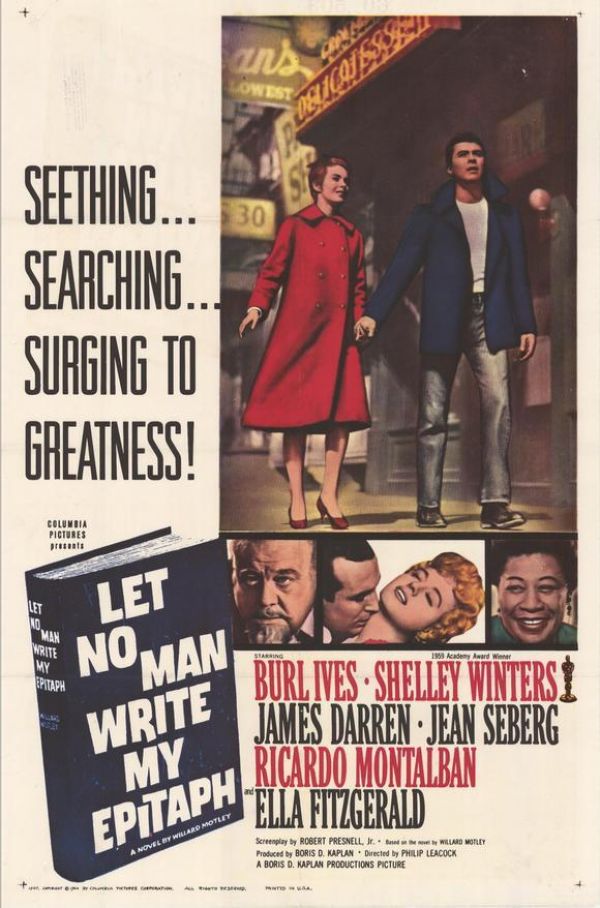
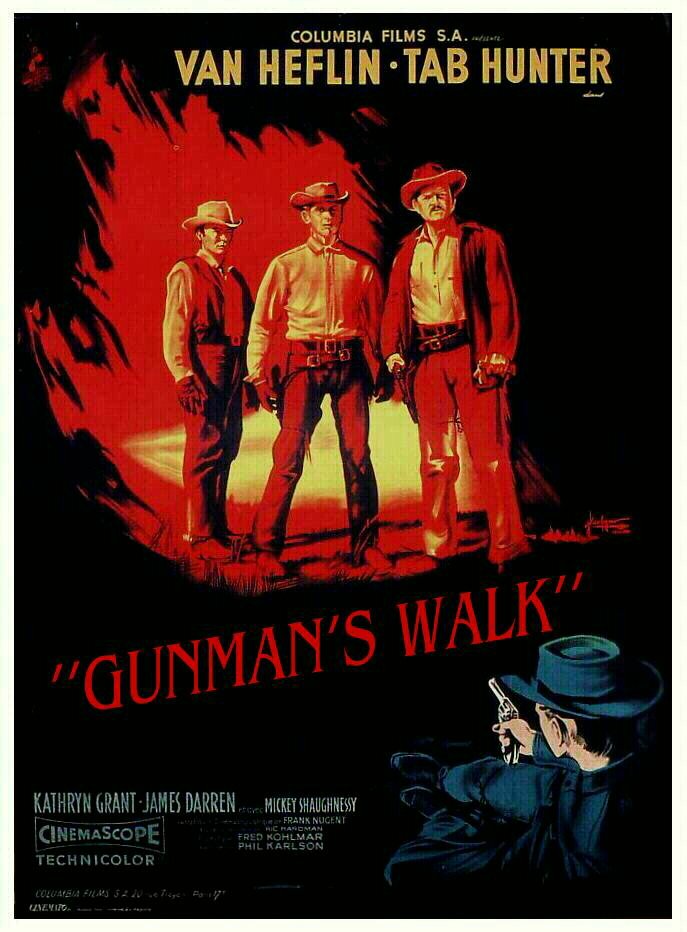
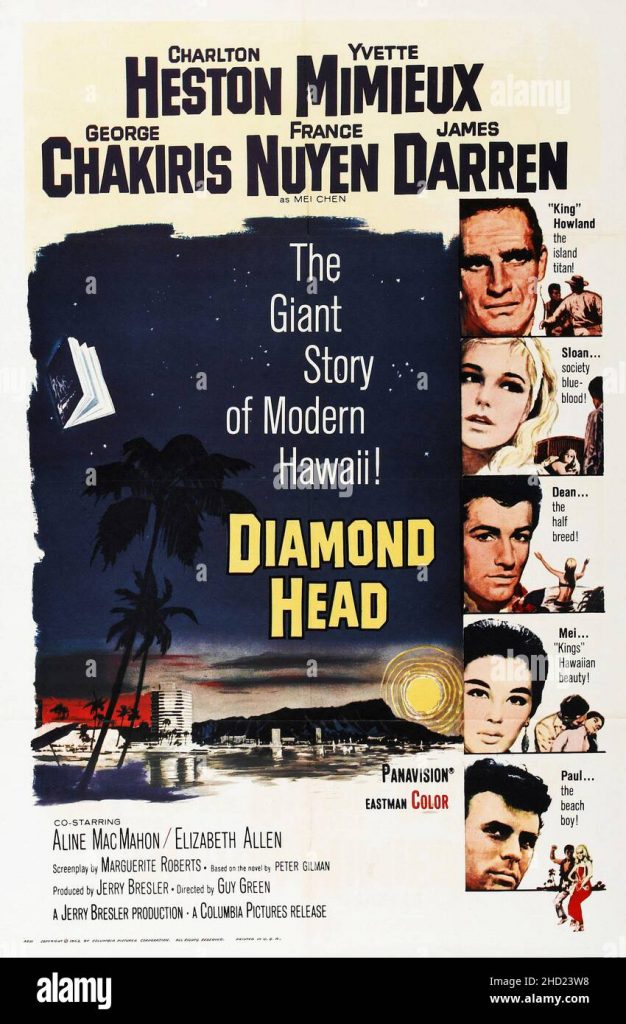
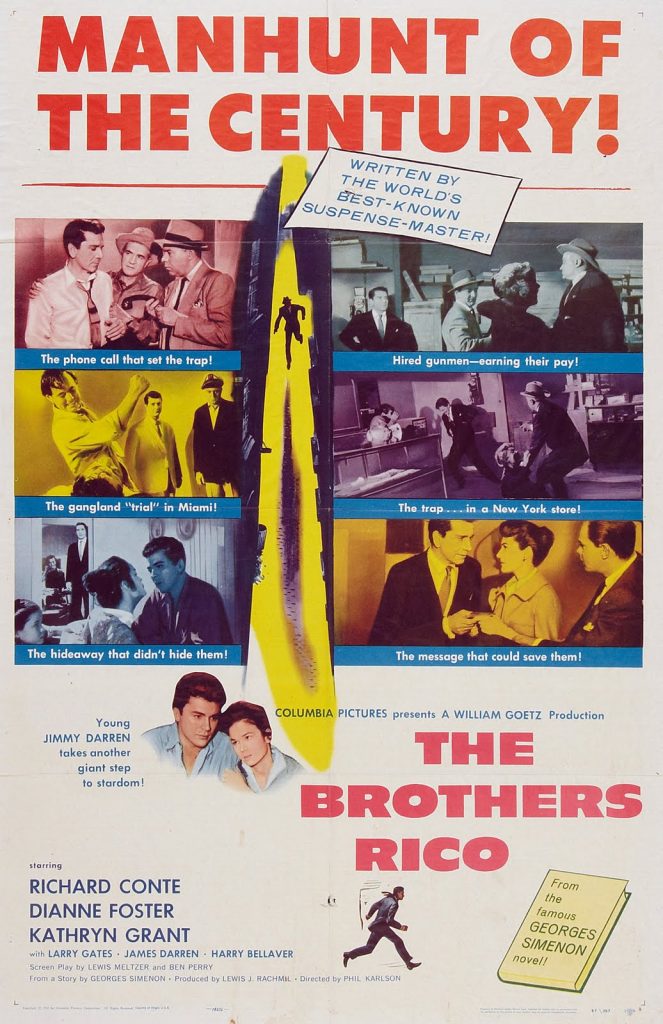
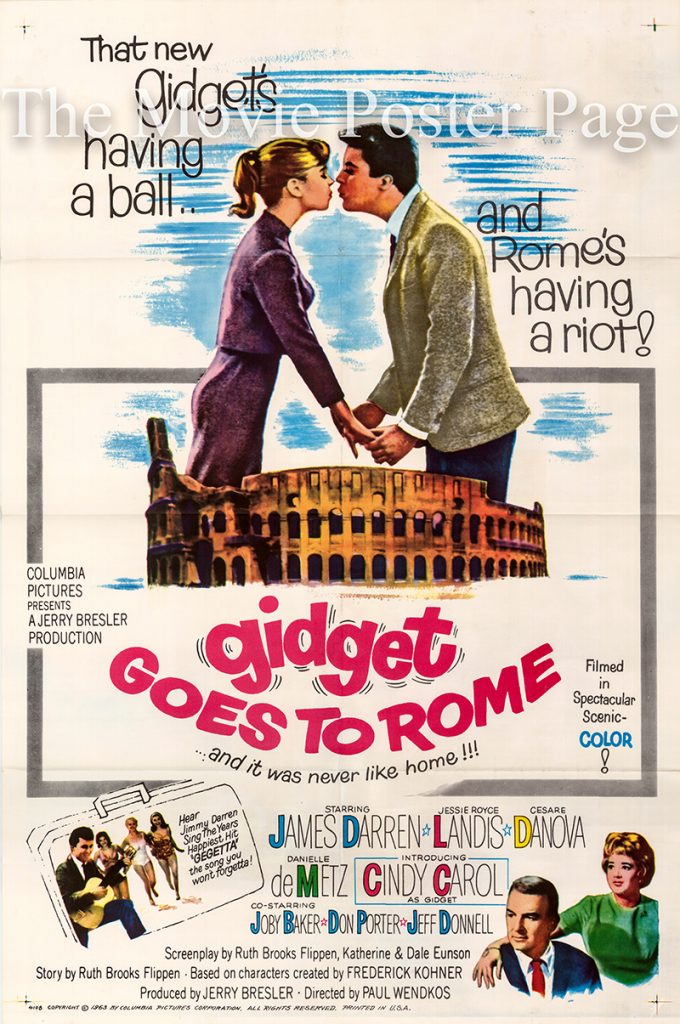
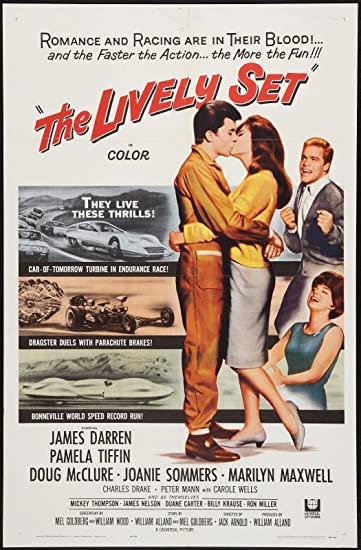
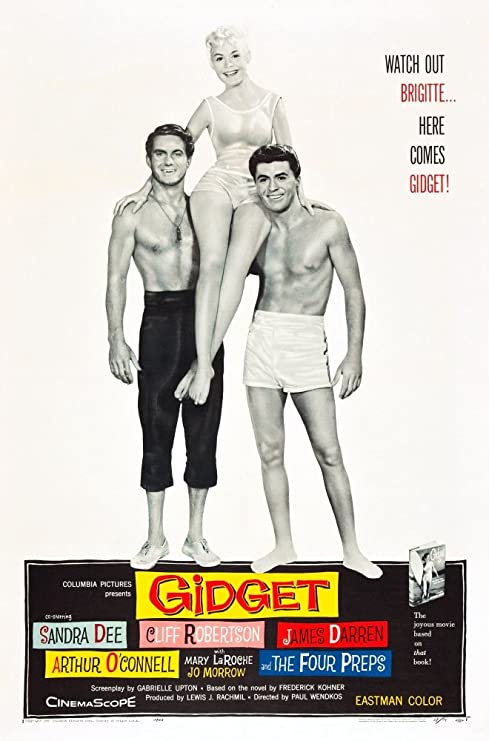
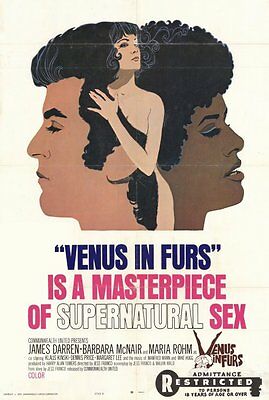
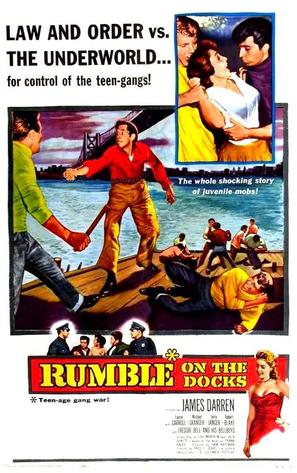
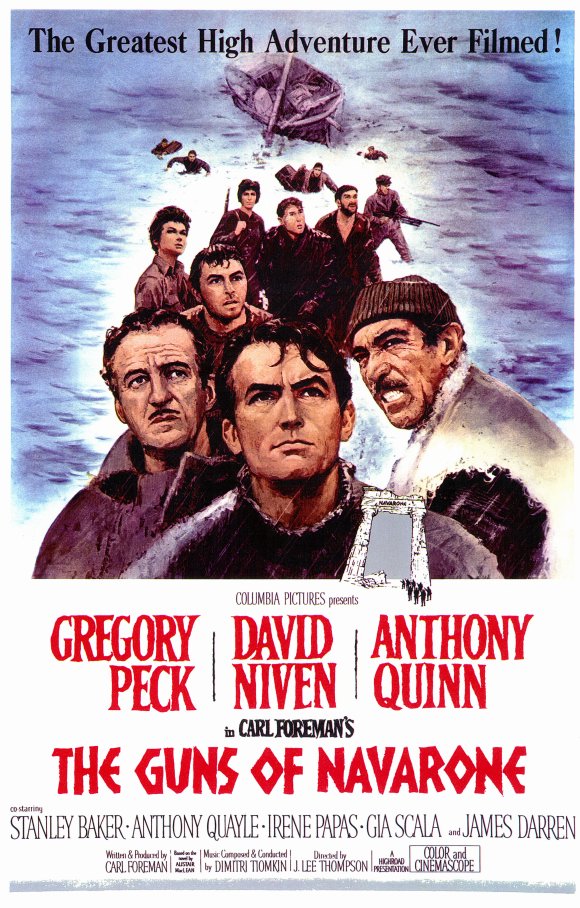
The Guardian Obituary in 2024
. Landing a movie role that had been earmarked for Elvis Presley; being spoofed on The Flintstones; mobbed regularly by teenage girls – all proof that the singer and actor James Darren, who has died aged 84, was briefly a pop-culture phenomenon.
He first made his mark in a “beach party” movie – the archaic genre that showed teenagers frolicking in the sand to pop music for 90 minutes or so, with a perfunctory light-hearted or romantic narrative attached. The craze, which lasted for much of the 1960s, is generally agreed to have begun with Gidget (1959), starring Sandra Dee as Francine, a Malibu teenager who shows minimal interest in boys until she is rescued from the ocean by the surfer Moondoggie. She then falls in with his beach buddies (who nickname her “Gidget”, a combination of “girl” and “midget”) while falling in love with him
Played by the cherubic, clean-cut Darren, Moondoggie – real name Jeffrey Matthews – gazes into her eyes and croons: “There’s no such thing as the next best thing to love.”
Columbia marketed the film as a celebration of “the beach generation” and boasted that it showed teenagers could be “delightfully juvenile without being delinquent”. Rebel Without a Cause this was not.
The part had been offered to Presley, but he was busy with his military service. Darren, the epitome of wholesome, puppyish charm, dispelled all thoughts of the King as soon as he appeared on screen. As well as boosting him as an actor, the film launched his singing career as part of the Colpix Records stable, which also included a pre-Monkees Davy Jones.
Darren had been singing since his early teens – “Doing three or four weddings or bar mitzvahs a week” – in Philadelphia before, as he told the Baltimore Sun in 1983, moving on to “places with a stripper and a saxophonist on the bill”. He was professionally unproved, however, and the studio initially considered having him lip-sync to a recording
Among his post-Gidget hits was the infectious Goodbye Cruel World. With its jaunty circus-style refrain, it became a top three Billboard single in 1961 and was recently featured in Steven Spielberg’s nostalgic drama The Fabelmans(2022).
One newspaper sighed over Darren’s “mile-high pompadour and dreamy eyes”. Fans chased him in the street, even yanking him out of a San Francisco studio in one instance. “They broke down the plate glass window and pulled me out on the sidewalk,” he claimed. “They started to rip my clothes off … I remember lying there out on the street on my back and looking up at all those faces in the sky, a whole ring of ’em around me. And you know what? I loved it. Loved it!”
In 1964, he provided the singing voice for Yogi Bear in Hey There, It’s Yogi Bear! A year later, he was the inspiration for the pop star Jimmy Darrock in an episode of The Flintstones, where his animated alter-ego is shown performing Wax Up Your Boards to the adoring cries of female fans. Listening to the radio, Wilma and Betty nod their heads approvingly while Fred and Barney are unimpressed. Informed that Jimmy’s surfing anthem is the most popular song in the country, Fred splutters: “Song? I thought we were tuned in to the mating call of the brontosaurus.”
Darren made two further Gidget films, playing opposite a different female lead in each one. In Gidget Goes Hawaiian (1961), Dee was replaced by Deborah Walley, while Cindy Carol took the title role in Gidget Goes to Rome (1963). He later described both sequels, as well as another of his beach party movies, For Those Who Think Young (1964), as “dreadful”.
Fortunately, he had other irons in the fire, and talent to burn. He had already impressed in Drum Crazy (1959), aka The Gene Krupa Story, a biopic of the pioneering jazz drummer played by Sal Mineo. In what the critic Tim Lucas called “possibly [a] career-best performance” which “very nearly steals the film”, Darren played Krupa’s best friend and bandmate, the fictional trumpeter Eddie Sirota, and gets to sing Let There Be Love.
He was back on the brass in Venus in Furs (1969), aka Paroxismus, albeit with more gruesome results. Finding a trumpet buried on a beach, he begins playing it, seemingly summoning the corpse of a woman who was murdered at an orgy. The film ends with the trumpeter finding his own corpse – “It’s me! I’ve been dead all the time!” – though the New York Times noted that this conclusion “does not really clarify the plot
He was born in Philadelphia, to William Ercolani, an electrician-turned-tailor, and Virginia (nee Lipiano), and educated at Epiphany of Our Lord parish school. He went to Hollywood in 1954 “to get discovered” and later studied acting in New York under Stella Adler. Changing his surname to Darren after the Kaiser-Darrin sports car, he reasoned that Ercolani was not merely unmemorable but “too long for a marquee”. He was put under a seven-year contract to Columbia after meeting and impressing Joyce Selznick, niece of the producer David O Selznick.
He made his film debut as a teenage gang leader in Rumble on the Docks (1956). In the wake of his success in Gidget, he starred in All the Young Men, with Sidney Poitier in charge of an all-white platoon during the Korean war; Let No Man Write My Epitaph (both 1960), in which Darren played the son of a murderer who died in the electric chair; and the popular wartime adventure The Guns of Navarone (1961) with Gregory Peck.
He was a time-travelling scientist in the short-lived TV series The Time Tunnel (1966-67), produced by Irwin Allen, and continued acting on television throughout the 1970s, popping up as a guest star on Hawaii Five-O, Fantasy Island and Charlie’s Angels. But his career had already branched off into cabaret after he met Buddy Hackett in 1970 and formed a comedy-and-music partnership with him. In the late 70s and 80s, Darren was a fixture on the cabaret circuit, with residencies in Atlantic City and Las Vegas. “I hit the nightclubs and never looked back,” he said.
In 1982, he was cast as a good-natured cop in the prime-time series TJ Hooker, starring William Shatner and Heather Locklear, and stayed with the show for four years. After taking the reins on one episode, he developed an appetite for directing, and amassed credits on shows including The A-Team, Beverly Hills 90210 and Melrose Place.
Memorable later acting roles included a wry turn as the lounge singer Vic Fontaine, who appears as a hologram in Star Trek Deep Space Nine
Darren broke a 16-year hiatus from acting for what was to be his final movie, Lucky (2017), in which he starred opposite Harry Dean Stanton. As a reformed scallywag (described by this paper as a “Christopher Walken soundalike smoothie”), he made a strong showing, and Variety predicted a possible career renaissance: “If the right people see Lucky, it could do for Darren what Jackie Brown did for Robert Forster.”
The right people clearly were not paying attention. But Gidget was enough. Asked in 1983 whether he still watched his old movies on television, Darren said: “Not if I’ve eaten.”
He is survived by his wife, the actor Evy Norlund, whom he married in 1960, and their sons, Christian and Anthony, as well as by another son, the television reporter Jim Moret, from his first marriage, to Gloria Terlitsky, which ended in divorce in 1958.


